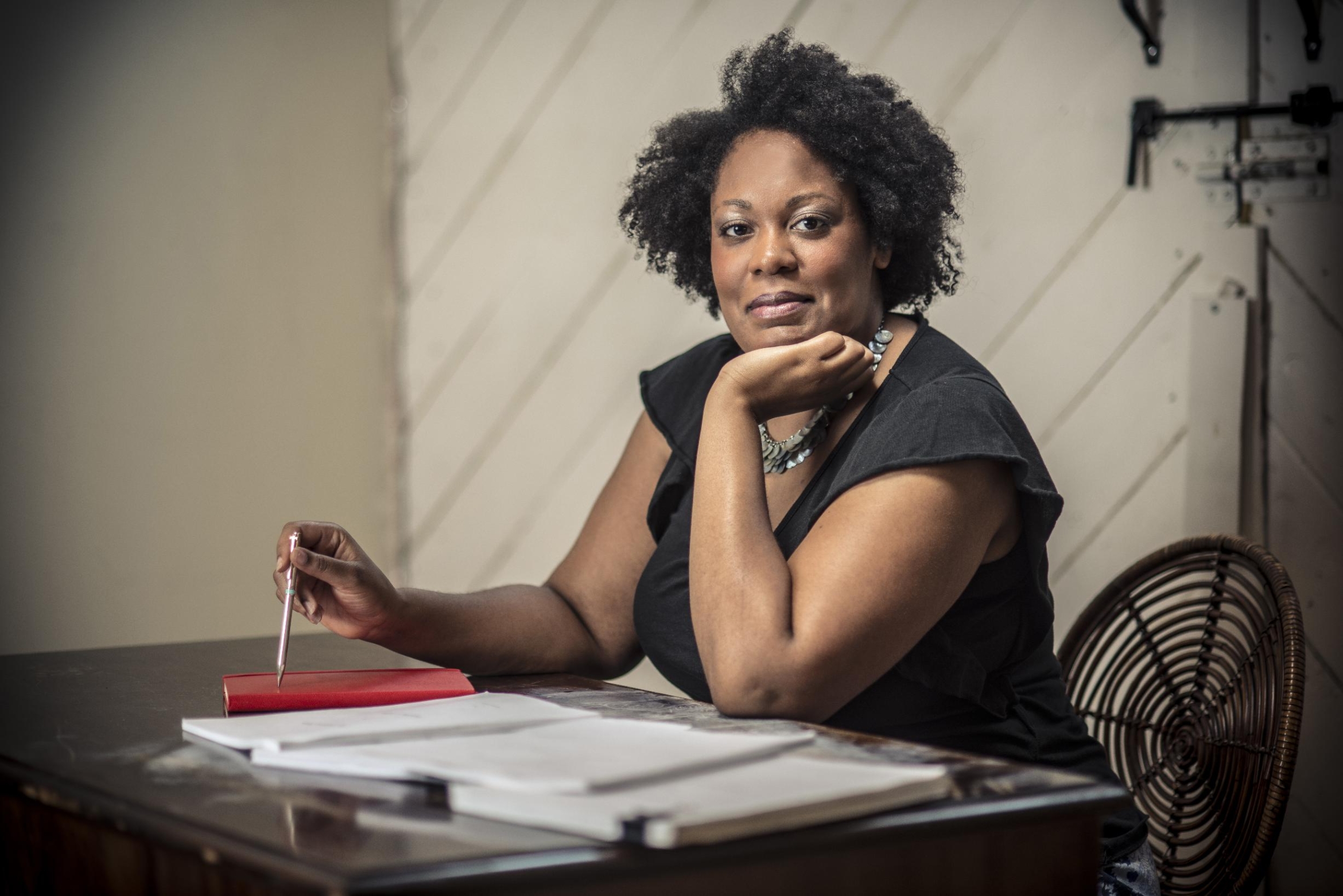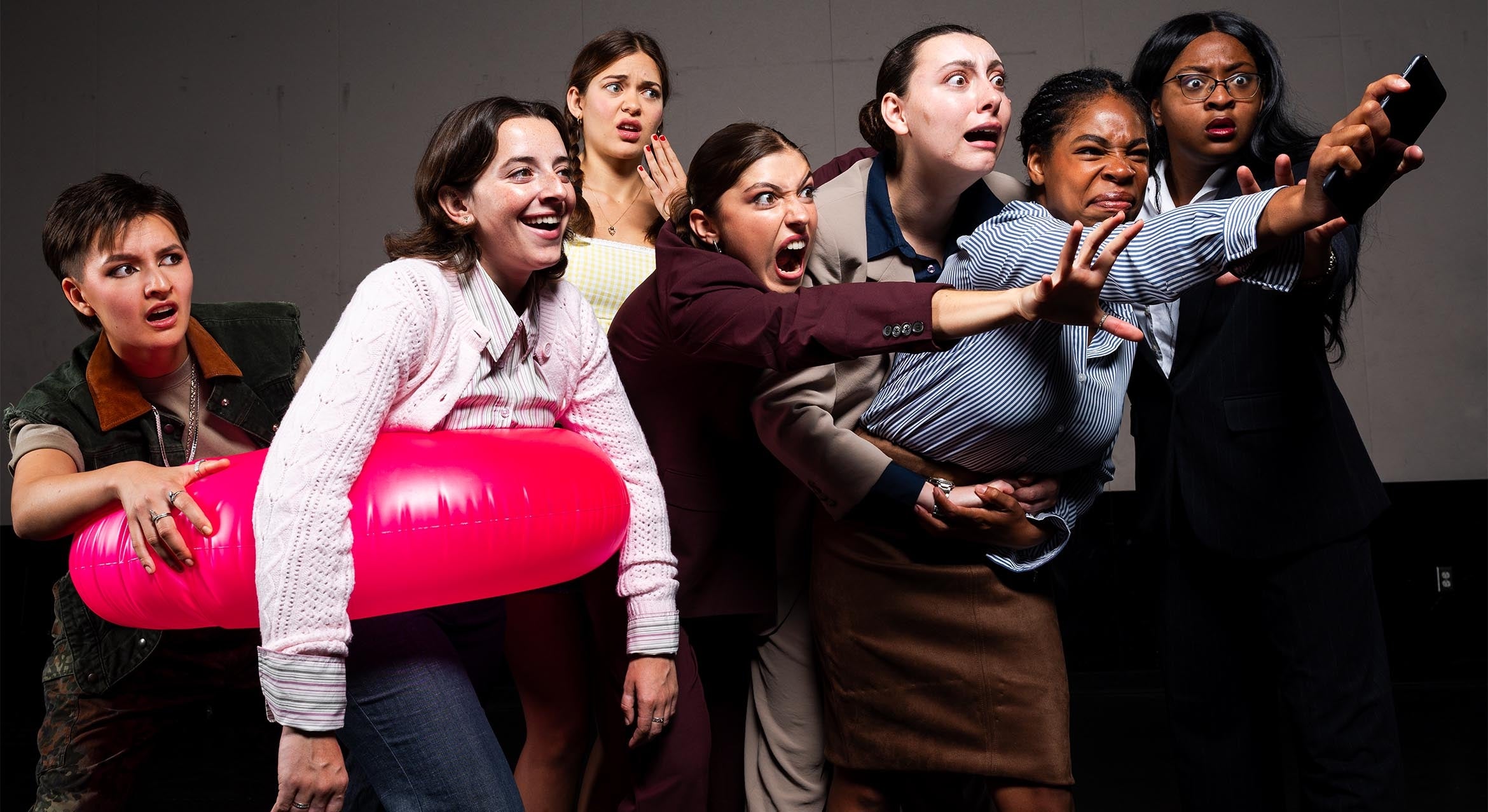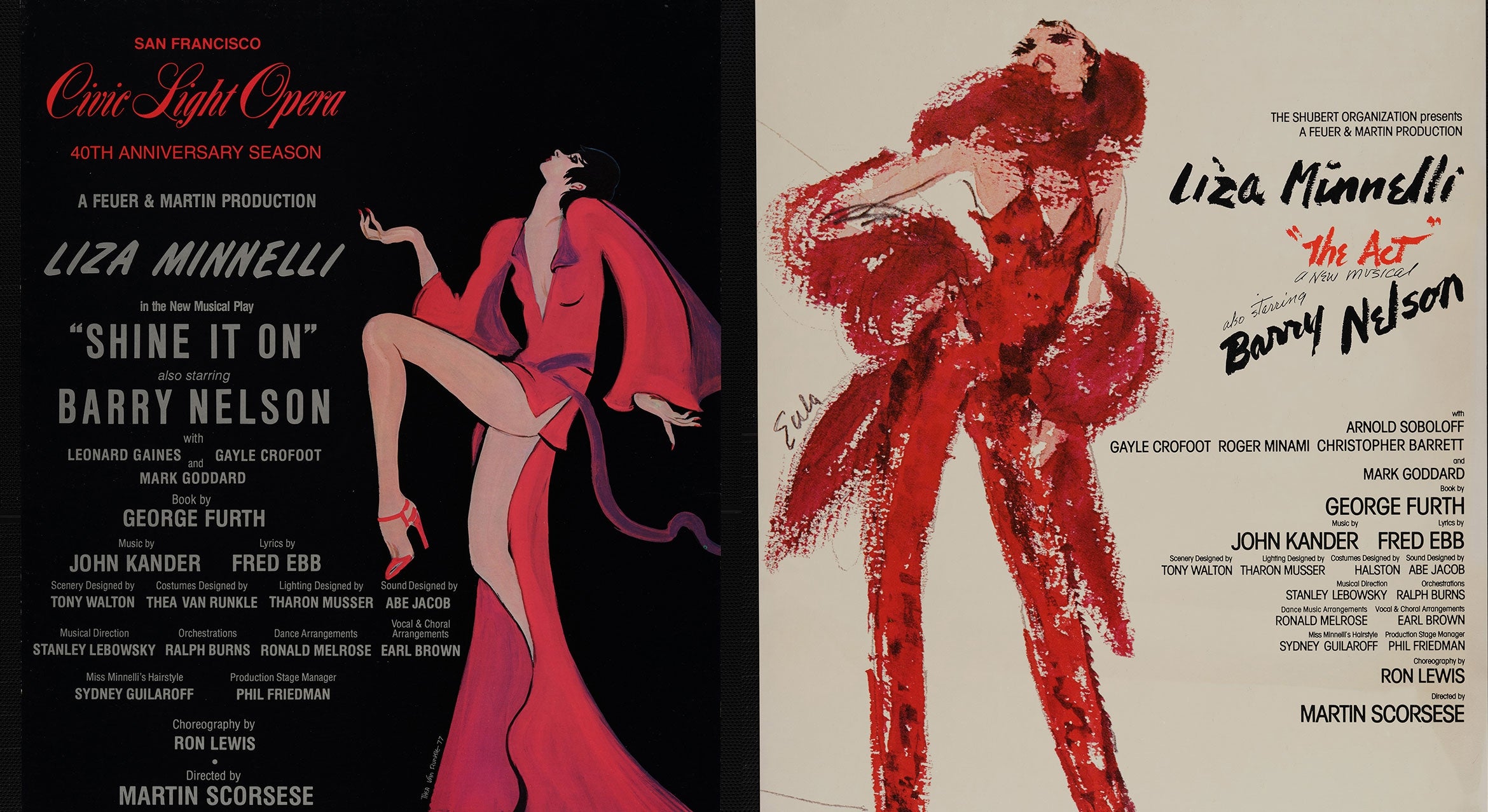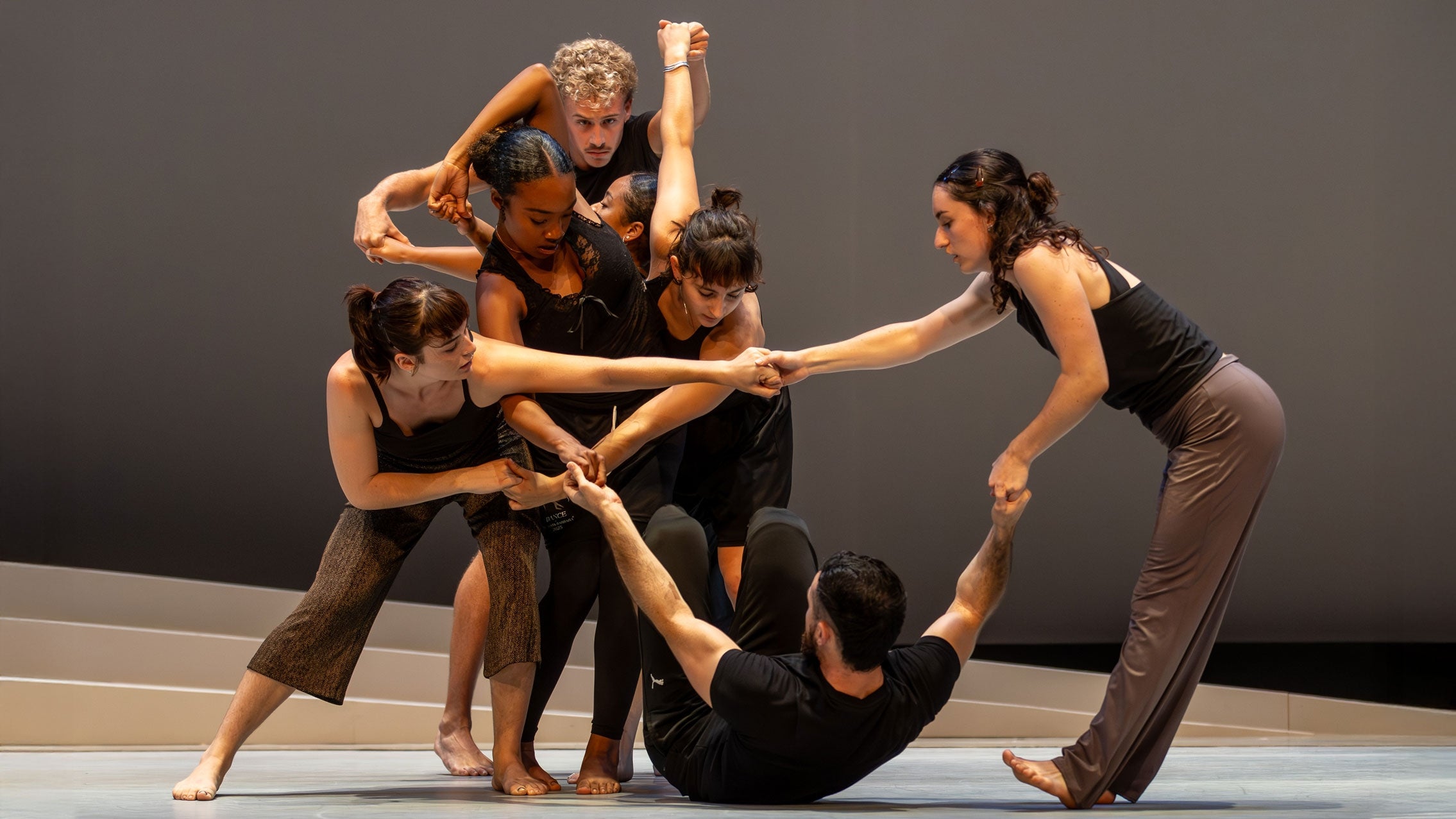
LAUNCH PAD reading festival brings the Black American experience, family and community stories to center stage
History is fascinating, but it seldom fits neatly into a satisfying dramatic arc. From Shakespeare to the screenwriters of “The Crown,” dramatists have long grappled with this dilemma. So Jacqueline E. Lawton was in good company when began work on a play about the history of Princeville, North Carolina.
The small coastal city is an ordinary place with an extraordinary origin story. Founded by ex-slaves after the Civil War, it’s the oldest historically Black community in the U.S. Lawton’s research turned up many fascinating facts, but also left her with a question: What’s the best way to honor this legacy, and the people who made it happen?
She discussed her initial thoughts with two friends and colleagues, who both had the same reaction to her rough outline. “They said, ‘This sounds like ‘Our Town,’” she recalled.
Lawton embraced the connection, using Thornton Wilder’s 1938 classic as a template for her play “Freedom Hill.” It will be read Saturday night at UC Santa Barbara’s Studio Theater as part of the third annual LAUNCH PAD Amplify Reading Series Festival.
Like “Our Town,” Lawton’s play focuses on universal experiences such as birth, death and courtship. But it does so through a different lens, providing a reminder that the white, Protestant society Wilder dramatized so brilliantly existed — and still exists — side by side with communities that mark such passages with their own rites and rituals.
“For instance, during the wedding, we have a ‘jumping of the broom’ moment,” she said. “That’s part of the African-American tradition. There are also death rituals that show up in the African-American community that may not be present in the white community.”
Fundamental questions about life and death are asked in all four of the plays in this year’s Amplify Reading Series. Formerly known as the BIPOC (Black, Indigenous, People of Color) Reading Series Festival, this will be the third annual festival — and the first to feature in-person artists and audiences. Due to COVID restrictions, the first two were exclusively on Zoom.
While this year’s readings will also be livestreamed on Facebook, LAUNCH PAD Artistic Director Risa Brainin, professor of theater at UC Santa Barbara, believes having a live audience in the theater will make a huge difference. It should be particularly helpful to the playwrights, who are looking to gauge whether the comedy is landing, or if particularly big dramatic moments are creating the sort of hushed intensity they are hoping for.
“Nothing can replace being in a room together,” Brainin said. “In Zoom readings, you have no feel as to how the audience is responding.”
The festival’s format is identical to LAUNCH PAD’s Summer Reading Series: Each play rehearses for 16 hours over the course of the week, followed by the public reading and post-show Q&A with the artists. During the rehearsal process, the playwright works with a director, a dramaturg and the actors to determine what needs to be streamlined to make themes, characters and the story clear for the play to achieve its maximum impact.
The actors are primarily students from UCSB’s theater department, along with guest artists including alumni. “There are also design students collaborating with the playwright and director throughout the week,” Brainin said. “You may see a few design elements during the reading, and afterwards, we will formally share their design elements with the audience.”
The festival is done in collaboration with the National New Play Network (NNPN). Two of this year’s four plays were submitted by NNPN member theaters (Playmakers Repertory Company in Chapel Hill, North Carolina and Los Angeles’ East-West Players), while the other two were submitted directly from playwrights who are NNPN affiliated artists. A committee made up of students, faculty and staff narrowed down the entries, and a smaller group headed by co-festival directors Brainin and Annie Torsiglieri and leaders of the student-led group AMPLIFY chose the final four.
In addition to Lawton’s “Freedom Hill,” the other featured plays and playwrights are:
· Yussef El Guindi’s “Wife of Headless Man Investigates Her Own Disappearance” (4 p.m. Saturday), an immigrant story Brainin describes as “very funny, very out there. Is this real, fantasy or a dream? You decide.”
· Stephanie Kyung Sun Walters’ “Dalia Is Dead and Her Dad Keeps Making Dumplings” (1 p.m. Saturday), a poignant story about grief that should resonate strongly in the wake of the COVID pandemic. Its subjects include suicidal ideation, loss of a parent and loss of a partner.
· Eric Reyes Loo’s “Replaced” (5 p.m. Saturday), an irreverent, dark comedy about the second-class treatment faced by women — particularly women of color — in Hollywood.
“Our Town” is famously narrated by the character of the stage manager. In “Freedom Hill,” that role is played by the town manager, “who is named Earnestine after my mom,” Lawton said. “She guides us through the world of the play, which is based on how the community was laid out in the time of its founding.”
Even as it documents the rhythms of the everyday lives of its characters, “Freedom Hill”spotlights issues that particularly impact Black Americans, in both the post-Civil War era and today. For instance, “The fight for the right to vote becomes a through-line in the play,” Lawton noted. “That’s not something that comes up in ‘Our Town,’ because they would take that right for granted in (Wilder’s fictional) Grover’s Corners.”
Her characters — some based on real people, others pure products of her imagination — are “people who dreamed of what it means to be free and Black in America,” Lawton said. Along with her collaborators at UC Santa Barbara, “We’ll be talking about what it means to the Black population to have a community of our own — as well as what it means to have children, to say goodbye to our elders as they pass on, and how our ancestors show up to support us.”
……….
The third annual Launch Pad Amplify Reading Series will take place Friday and Saturday, Jan. 13 and 14, in the Studio Theater on the UC Santa Barbara campus. Admission is free, but reservations are highly recommended as space is limited. They can be made at https://theaterdance.ucsb.edu/news/event/982.
Shelly Leachman
(805) 893-2191
shelly.leachman@ucsb.edu



